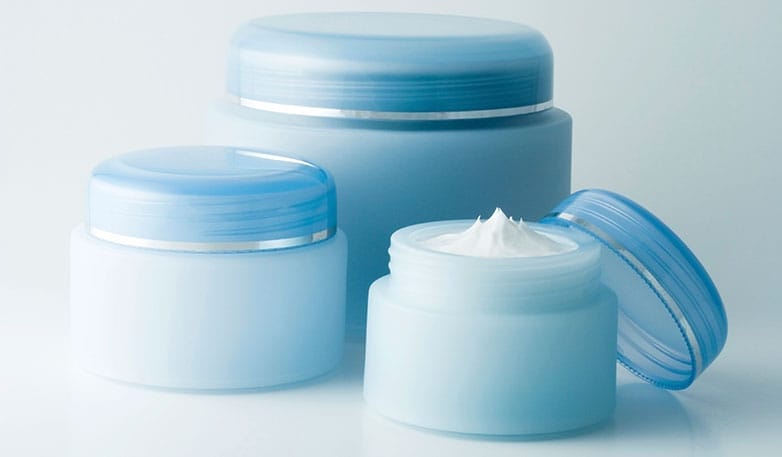Evolving technologies for enabling tools in cosmetics testing
Testing the properties of formulations in sectors such as Personal Care and Beauty is demanding, requiring refined testing hardware and complex algorithms. Hair care products, as an example, have become increasingly sophisticated as consumers demand multi-functional products and more value for money and manufacturers respond by looking to integrate greater benefits into their products so that they smooth and detangle the hair, but without making it feel heavy and lifeless.

Formulations coat the hair in order to make the hair platelets lie down or lubricate the surface to reduce friction. This may be successful for combing just-washed hair, but has remained much more of a challenge when it comes to maintaining smooth and tangle-free hair during the drying period. This is where Personal Care and Beauty companies and those companies involved with testing have an important part to play as they can explore more possibilities than can be measured via off-the-shelf testing products. Modern testing techniques are helping to solve formulation problems by offering automated, high throughput testing on a large scale.
Being able to formulate and test at scale and faster is facilitating more cost-effective development of new products.
It has long been difficult to analyze the variety of pastes, serums, gels and powder formulas which then must be able to be dispersed or dispensed effectively from their packaging. Such high-end research and development has always been slow and labour-intensive which means that it has also been expensive. However, the recent advances in modular instrumentation, low-cost sensors, optical recognition and online monitoring are now offering much higher information content, allowing more detailed analysis of formulation properties and characteristics. Being able to formulate and test at scale and faster is facilitating more cost-effective development of new products. This provides the cosmetics company with the dual advantages of getting information rich, reliable research results that they couldn’t do before and allowing them to explore new possibilities. Many multinational companies have embraced these alternative test methods, which have the added advantage of reducing and in some cases eliminating their dependence on animal testing. Sensory acceptability reflects a complex set of parameters which all have to be tested to predict the consumer appeal of a formulation alongside its technological performance.
In a world where the science behind efficacy is becoming more acceptable to consumers, but goes hand-in-hand with demand for more benefits and more value for money from their Personal Care & Beauty products, technological developments in testing are providing the modern cosmetics company with better data with which to substantiate the claims it makes about its products, and are also helping to reduce costs and speed up testing. This increases both the product’s value in the marketplace and will help give rise to a disruptive next generation of products.
Neil Campbell
VP Personal Care & Beauty
